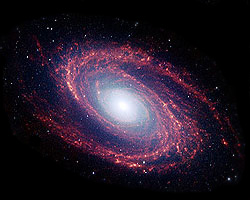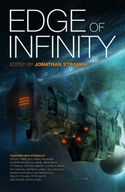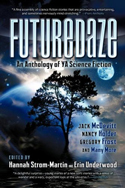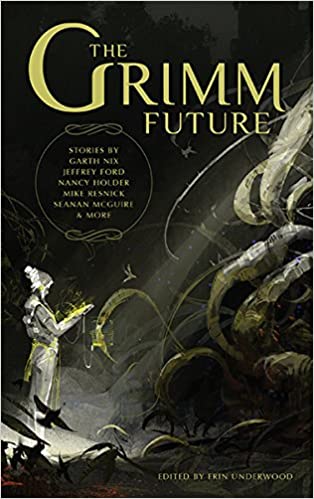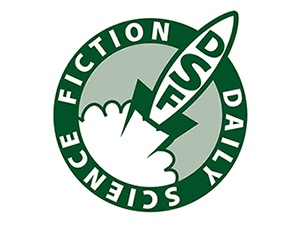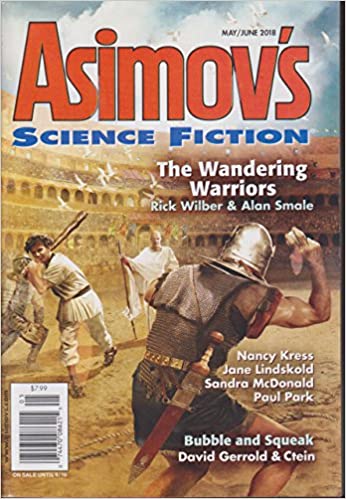|
| |
What makes a science fiction writer?
-
Being an avid science fiction reader. This provides a
background of the genre, and reveals what you like. It
seems to be very important to write what you like, else
motivation and ultimately quality will suffer.
-
A desire, nay a compulsion to write, to be a storyteller.
Without this, the slow pace of measurable results kills all
motivation, sending the want-to-be writer into more immediately
profitable endeavors.
-
Imagination: ideas provide the feedstock of stories.
It is possible to write an unoriginal story, based upon
characters copied from the world around you, saying nothing new
and yet still be a success. However, that requires a lot
of skill in the art of storytelling. Many SF authors have
taken the alternative approach of having great ideas and letting
those ideas be the basis of the story instead of the characters.
-
Voice and/or style: this is the essence that combines the
art of storytelling, the writer's imagination, and the
presentation of dialog, setting, and action into a unique
fingerprint of an individual writer. Voice can be
developed, but it cannot be taught.
-
Last but not least is the craft, the implementation of the
story. The good news is that this, at least, can be
learned, and there are hundreds of books on the subject of "how
to write". The bad news is that writing a great story almost
invariably requires writing lots of bad stories first, in order
to practice and learn. I cringe when I remember the first
SF story that I wrote. My more recent early attempts were
characterized by good ideas, settings, and dialog, but failed to
tell proper stories and failed to have strong endings. I
continue to learn.
Another vital resource is support from family, friends, and
especially fellow writers. It is difficult, perhaps impossible to
learn in a vacuum: one needs editors, people to provide motivation,
and perhaps most importantly a teacher or critique group that will
help improve your craft, pointing out mistakes, offering alternate
approaches. In science fiction & fantasy, the need for a
specialty group is possibly more important than in any other genre
because of the unique characteristics of speculative fiction: the
setting is often not contemporary or historical, yet must still in
some sense be believable; implications of new technologies must be
considered; and the use of metaphors should often be avoided,
especially in the beginning of a story as the rules of the story's
universe are being learned by the reader.
First things first: all Science Fiction and Fantasy
writers should subscribe to
LOCUS, our genre journal.
Locus is loaded with genre information including reviews,
interviews, and lists of newly accepted works (often complete
with agents name - a valuable piece of information if you would
like to find an agent who works with similar writers).
|
A MUST READ:
How to Write Science Fiction & Fantasy
by
Orson Scott Card. This book does an excellent job of describing
the essential differences between our genre and the rest
of the fiction universe. It also gives great
examples of common errors, lists of additional
resources, and of course practical advice from a Hugo & Nebula
Award winner.
|

|
TWO MUST SEE WEB SITES:
|
